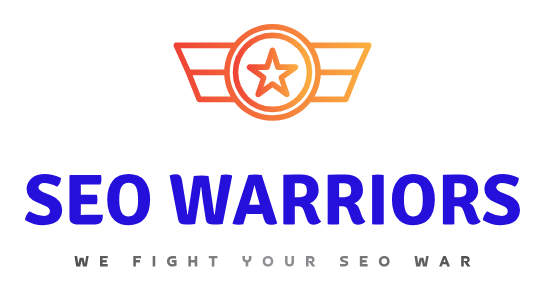SEO takes six to twelve months to improve organic rankings for Plant-Based Products in Singapore, but once it is there it is difficult to drop them (unless you make serious mistakes). Because of this, it is important to track your ranking regularly. Unlike PPC, which delivers immediate results, SEO takes time and effort. While PPC works to generate a significant amount of traffic and leads, it will diminish as soon as you stop spending money on the ads. This makes SEO an essential part of your marketing strategy.
Cost
The cost of SEO varies widely, depending on the company and the scope of the project. It can range from $125 per hour to over $2,100 per month. SEO experts often charge $75-$200 per hour, though freelancers can charge a little less. Companies with a smaller budget may only need one or two consultants for their campaign. The prices of SEO plans also vary widely, with some companies charging as little as $2,000 per month while others can charge up to $20,000 a month.
The cost of SEO is determined by a number of factors, including the company’s experience and the size of the company. In general, SEO pricing is more expensive in large cities than in small towns due to greater competition. Another factor in SEO pricing is the target audience. The larger the company’s target audience, the more expensive the plan will be.
Quality
Quality SEO can be a key to a brand’s success. Not only is high-quality content more likely to get a high page rank, but it also helps a brand be more visible in search results. With over 2 billion users who visit Google every month, being highly visible in search results can work in a brand’s favor. In addition, quality SEO integrates positive user experience into its strategies and practices. Local SEO is another important benefit, as it optimizes digital properties for a specific region and puts consumers closer to the transaction.
In addition to helping the website rank higher in Google, quality content also helps generate backlinks. More backlinks mean higher trust and credibility for a website. In addition, quality content allows for strategic keyword use and helps a brand compete against other brands in the same industry.
ROI
ROI of SEO is an important metric to measure the success of SEO. It shows the impact of an SEO strategy on traffic and rankings. ROI can be measured in several ways, including positional improvements and the percentage of positive listings. To calculate SEO ROI, you need to know the exact time period for which you’ll measure the results of your SEO efforts.
You can measure ROI by looking at how traffic and revenue increase over a two to three-year period. The longer time frame will help you see how SEO is lifting the whole ship. Essentially, the higher the search engine rankings and traffic, the higher the ROI.
Case studies
You can find case studies of SEO benefits in several forms: you can find them online, in PDF format, or from SEO agencies. Some cases study a specific project or client. Others are simply posted on a website. Case studies can be limited or non-exhaustive. They may include a few specific details but not all of them to catch readers’ attention. If you want to make it as easy as possible for prospective clients, divide your case studies into sections.
Case studies provide a unique insight into an SEO agency’s process. They showcase the agency’s expertise and creativity. They also prove how SEO benefits a client’s business.
Competitive analysis
The success of your SEO strategy for Plant-Based Products in Singapore depends on understanding your competitors’ websites and tactics. You can use competitor analysis to learn which sites are genuine and which ones are fake. You also need to be aware of the industry hierarchy. This is because you may be competing with one rival but not be aware of another hidden rival.
Competitive analysis can also help you determine which keywords your competition is targeting. It is important to consider branded and long-tail keywords when doing your SEO research. Using only general keywords can result in skewed results. For instance, if you’re trying to rank for “home improvement,” you should also consider competitor stores in your niche.
